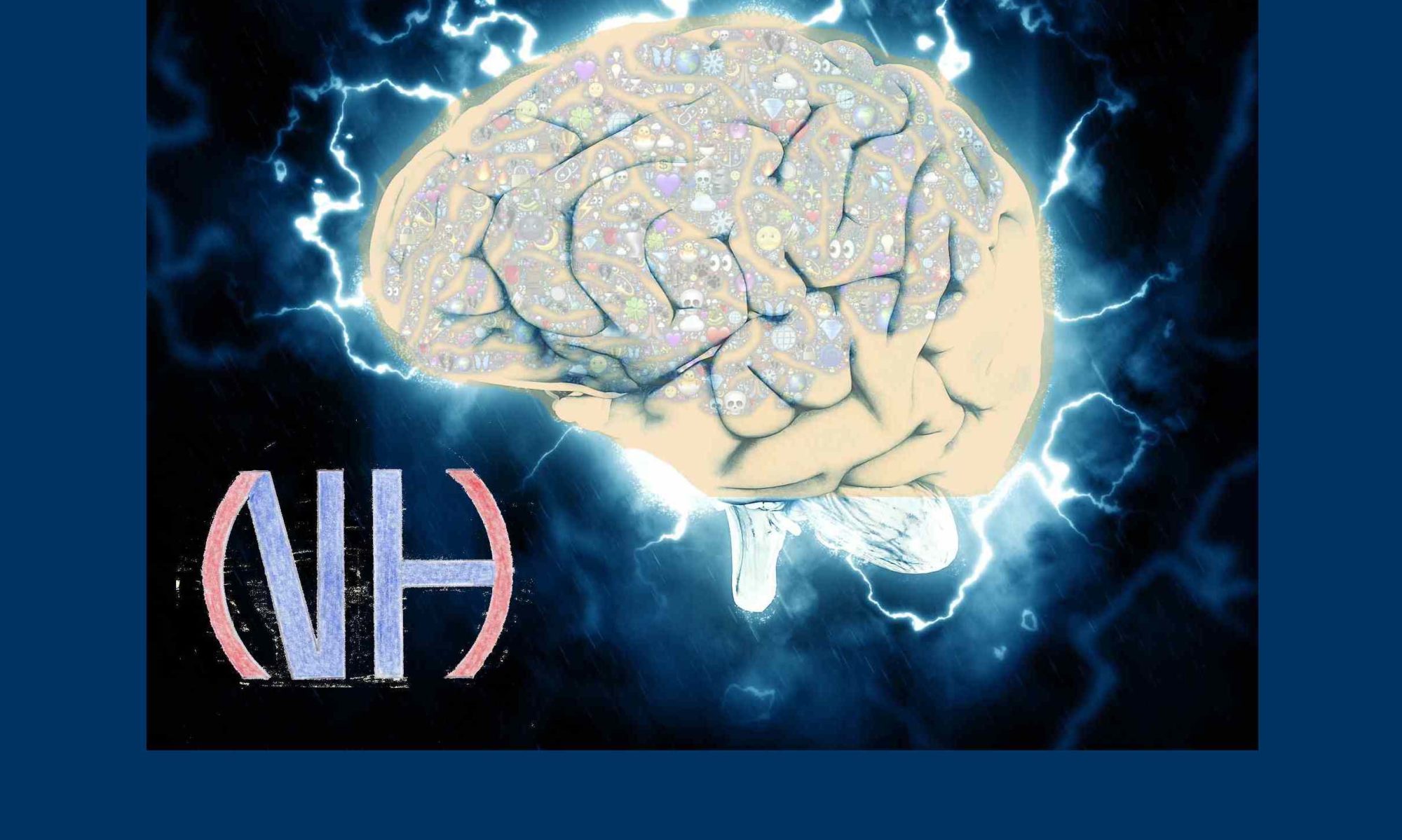
The results of a study1 led by Gideon Nave, professor in Wharton School of the University of Pennsylvania, showed that the testosterone’s rate influenced men purchases2.
The initial hypothesis, which has been confirmed by the results of the study, is that the male slumbering in us tries on one hand to attract the eye of the females in the vicinity (like the bird who shows his most beautiful plumage to be spotted by potential sexual partners) and on the other hand to discourage his potential rivals, which are the other males circulating in the surroundings … You know, like dogs which raise the leg to urinate as high as possible, just to persuade the others that they are very big and thus very sturdy!
Well, the idea is that with man, the brands of the products which he raises can play this role.
The idea of the study is rather direct: products of the same quality but with different brands of which the prestige is different were proposed to a group of 243 men from 18 to 55 years old, half of them having beforehand received a dose of testosterone, the others a dose of placebo. And, guess what, the men who took a dose of testosterone were more sensitive to the brand than the others!
Well, then of course, the experiment is finer than that (the prestigious level of the brands was estimated before the experiment by a poll, the saliva of the participants has been checked to see if other hormones did not influence the tests, they were forbidden to have a contact with a woman just before the examination etc.).
It is a remarkable result, isn’t it? In any case, it helps us to understand the advertisings for fragrances or cars which, rather than to speak to us of the product, prefer to show us images which make raise our testosterone’s rate!
Notes
1■ Nature Communications, n°9, Article n°2433, “Single-dose testosterone administration increases men’s preference for status goods“, publié le 3 juillet 2018
2■”Testostérone rimerait avec achat premium“, article taken from Stratégies, 4th July 2018



